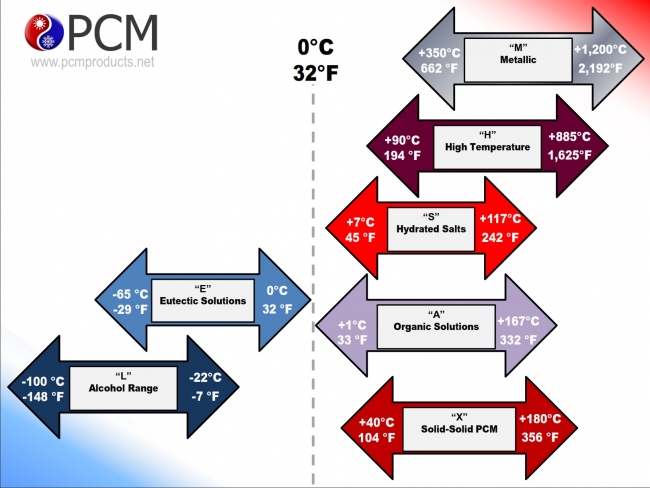A Review and Evaluation of Specific Heat Capacities of Rocks, Minerals, and Subsurface Fluids. Part 1: Minerals and Nonporous Rocks
A Review and Evaluation of Specific Heat Capacities of Rocks, Minerals, and Subsurface Fluids. Part 1: Minerals and Nonporous Rocks
INTRODUCTION
The heat capacity of any substance is the amount
of heat required to raise the temperature of that substance by one degree (usually Celsius or Kelvin, which
are equivalent in this calculation). As the temperature of a substance increases, this heat is stored in
its molecules in the form of higher translational, rotational, and vibrational energies. The stored heat is
released when the substance cools down.
The specific heat capacity (also noted as “specific
heat”) of a substance is the heat capacity per unit
mass of that substance. Here we discuss specific heat
capacity using SI units (J/kg/K). These units can be
converted to cal/g/◦C by dividing by 1000 and then
dividing again by 4.184. Specific heat capacity also
can be expressed in heat units per mole.

























